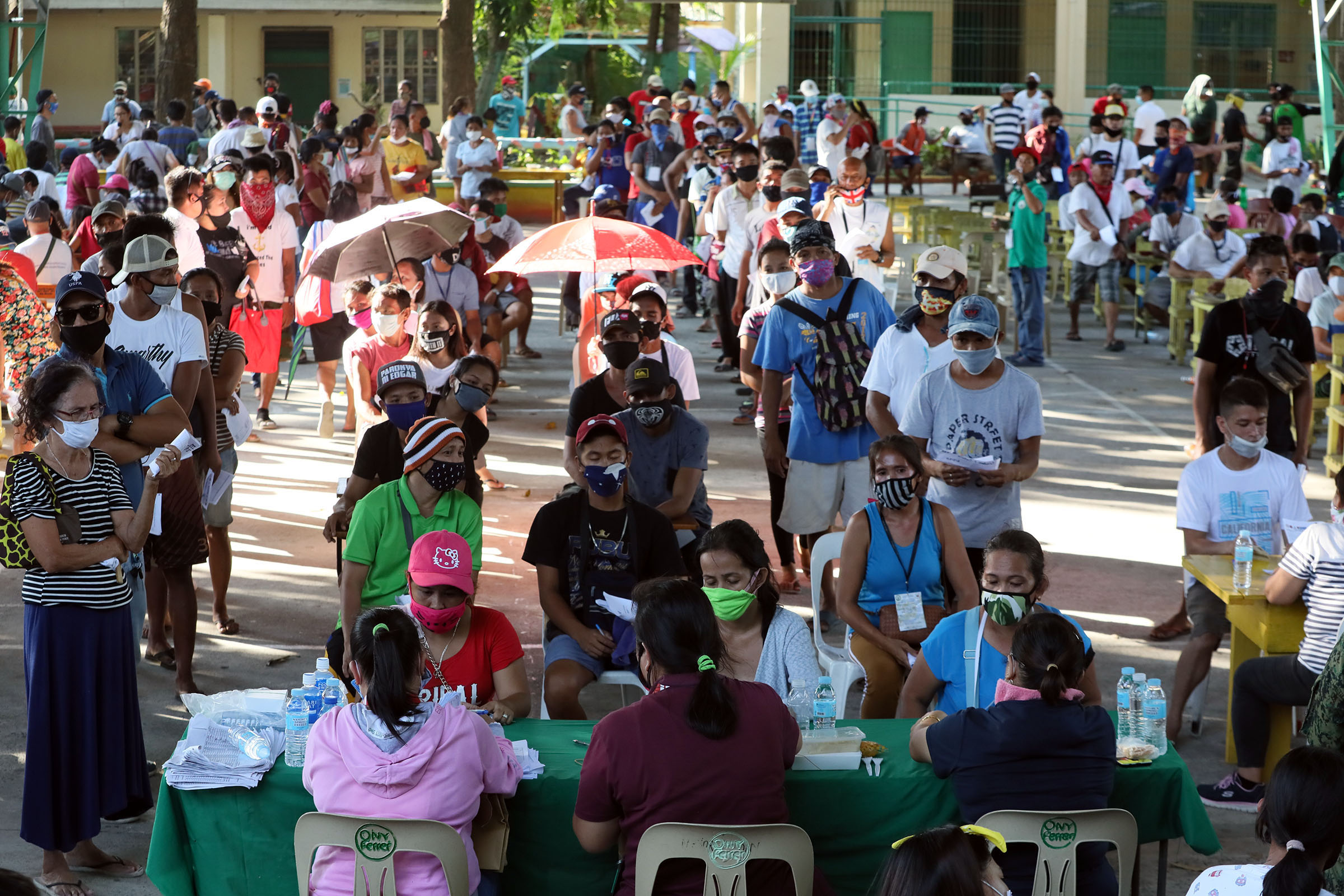
MANILA – The administration of President Rodrigo Duterte has been transparent in using the funds allotted for the coronavirus disease 2019 (Covid-19) response, Malacañang said on Thursday.
“Wala pong tinatago ang Presidente at ang Malacañang. Lahat po ng gastos, lahat po ng pera na ginastos para sa Covid-19, napunta po iyan para sa Covid-19 response ng gobyerno (The President and Malacañang are not hiding anything. All funds were spent for the government’s Covid-19 response),” Presidential Spokesperson Harry Roque said in a virtual presser aired on state-run PTV-4.
Roque made the statement after seven senators signed a Senate resolution asking the Commission on Audit (COA) to conduct a special audit of the government’s spending on its Covid-19 response.
Senate Resolution 479, which was filed on Wednesday, urged COA to scrutinize the government’s expenses, loans, and donations made under the now-expired Republic Act (RA) 11469 or the Bayanihan to Heal as One Act.
The Senate resolution was signed by Senate President Pro-Tempore Ralph Recto, Senate Minority Leader Franklin Drilon, and senators Panfilo Lacson, Juan Edgardo Angara, Francis Pangilinan, Risa Hontiveros, and Leila de Lima.
RA 11469, which lapsed on June 25, allows Duterte to use emergency powers and spend PHP275 billion as an emergency fund to curb the spread of the Covid-19 outbreak.
Roque said the Palace is open to COA’s possible move to conduct a special audit of the funds spent to combat Covid-19.
He said Duterte regularly submitted a weekly report to Congress when RA 11469 was still in effect.
“Regular po kaming nagsu-sumite ng report sa taumbayan kung paano po nagastos ang mga salapi na in-appropriate ng Kongreso. (We regularly submitted reports as to how the funds appropriated by Congress were spent). Nonetheless, dahil wala naman kaming tinatago (since we are not hiding anything), we welcome the special audit,” Roque said.
To ensure transparency, he said he would make a presentation on August 3 to prove to the public that all the funds spent for the Covid-19 response are accounted for.
Under RA 11469, the government was also given the authority to grant emergency subsidies ranging from PHP5,000 to PHP8,000 to low-income Filipino families to help them cope with the Covid-19 crisis.
Malacañang earlier said the expiration of RA 11469 would not stop the government from disbursing the cash relief to low-income households affected by the pandemic.
Roque said most of the poor families have already received the financial assistance from the government.
However, a Social Weather Stations (SWS) survey, conducted among 1,555 adult Filipinos from July 3 to 6, found that the average amount of cash aid received by families of less educated respondents was “smaller than the average amount received by families of more educated respondents.”
“In particular, the amount of government money-help received by families of non-elementary graduates (an average of PHP5,516 or median PHP5,000) was smaller than the amounts received by families of more educated respondents (average ranging from PHP6,307 to PHP7,107 or median PHP6,000),” the SWS noted.
Roque said his office would look into the report made by the private polling firm.
“Karamihan ng nangangailan ng ayuda ay nabigyan ng ayuda (Most of those who need the assistance already received the financial aid),” he said. “Hindi ko po napansin na may ganiyang finding na mas mahirap, mas kaunti yung nakuha (I did not notice there was a finding that the poor received smaller assistance). I doubt that but I will check the SWS report.”
Duterte, in his fifth and penultimate State of the Nation Address delivered on Monday, urged Congress to pass the proposed Bayanihan to Recover as One (Bayanihan 2) Act, which contains a stimulus package that would revive the Philippine economy after the Covid-19 pandemic.